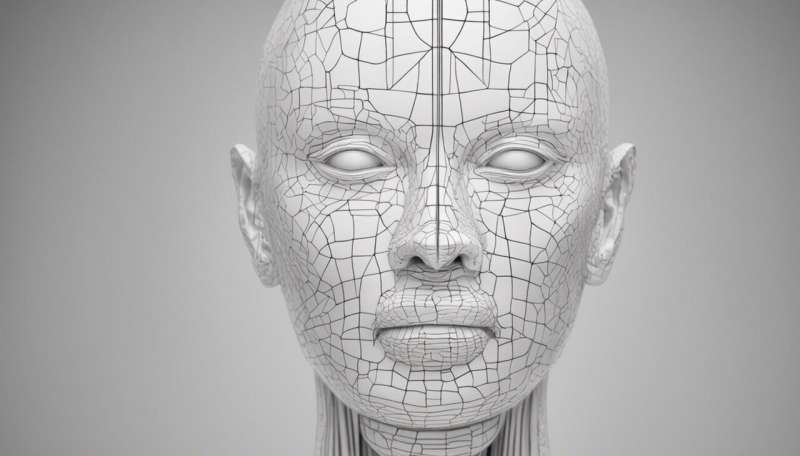What's a mind without a body? New research adds physiology to computer models

Though computers are becoming better programmed to process information like our brains do, the power of the human mind is unmatched. But what's the mind without a body?
A new research study being conducted by Frank Ritter, professor in Penn State's College of Information Sciences and Technology (IST), asserts that without a physiological complement, "[A computer program modeling the mind] would just be a brain in a vat."
Ritter's reasoning for exploring this approach is that a body's natural needs, state and inclinations inherently influence whatever the mind does.
He explained, "All the aspects of a human body—nausea, hunger, emotion—they all support and drive cognition and influence it."
For example, while driving, the brain makes all the decisions about what speed to reach, where to turn. But what if the person driving had been awake for more than 24 hours? The fatigue on their body inevitably influences the ability to drive.
Now, thanks to a sub-contract, Ritter and Christopher Dancy, an assistant professor of computer science at Bucknell University and former Penn State IST doctoral student, are exploring that notion by programming a sense of bodily processes within a computer simulation.
The researchers are focusing the majority of their efforts on how the mind responds to physical fatigue. Specifically, they are exploring this topic through the framework of ACT-R/Phi, which combines a theory developed by Carnegie Mellon of how the human brain works (ACT-R) with a theory developed at the University of Mississippi of how the body works (HuMod). Built off the results of numerous psychology experiments, the combined ACT-R/Phi program allows researchers to determine how a human would react in different situations.
By adding the concept of a body to ACT-R/Phi, Dancy said, "We get a fuller picture of how our normal physiological functions modulate our actions and decisions."
The research is sponsored by the U.S. Army SBIR Program Office through a larger effort with Charles River Analytics. The researchers are focused on the application of ACT-R/Phi to predict, based on the factors the program can measure, how much weight a certain soldier could carry. Using their model, the researchers will apply the concept of fatigue in a more mannered and accurate way.
"[This] work will move towards giving a realistic picture of how we might predict a soldier would perform on certain tasks," Dancy said.
The researchers are hopeful their investigation can add a valuable perspective to the fields of robotics and psychology.
"Understanding how we transform and transfer information in our mind to make decisions is one part of study of IST in this digital age," Dancy concluded.
Provided by Pennsylvania State University




















